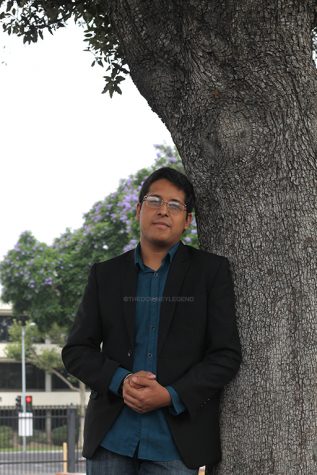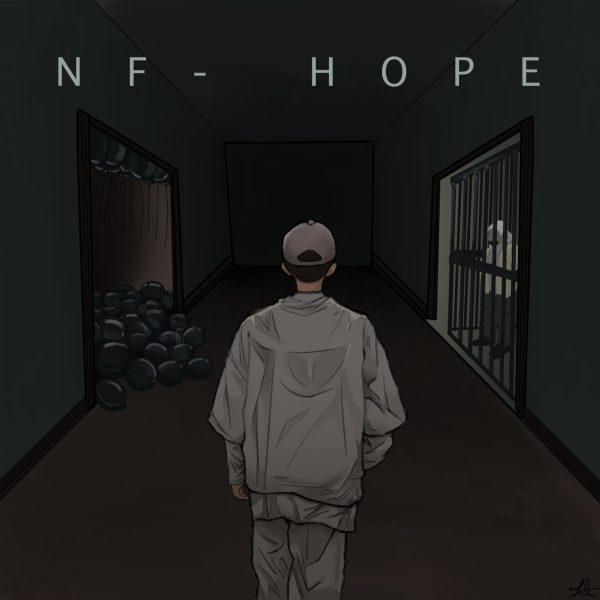Cultura es Todo
December 15, 2017
I arrived to the United States when I was five. The memories I have of Mexico – losing my black GameBoy during a screening of Revenge of the Sith because I fell asleep, my parents throwing me a birthday party at my school, traveling to Huetamo, Michoacan with my family to visit grandparents – are only a few but as time has elapsed, I can feel the light they have shone grow dimmer. Having resided in the U.S. for the majority of my life, my culture and background have faded, unintentionally, and I only have my memories and those of my family to keep the picture of Mexico thriving with color.
The task to preserve my Hispanic heritage is difficult enough being away from my homeland, but it is made Herculean by a political climate that demonizes and looks down upon immigrants who try to celebrate and express their roots. I love living in the U.S. but it is difficult not to feel isolated when my culture is tainted by hateful rhetoric and toxic stereotypes breed into different aspects of life, even entertainment. Entertainment, which helps me bond with others, which creates a window for me to escape to when I need it the most, still fails to make me feel accepted.
It is not until recently that I felt at home. Coco changed that.
The acoustic guitar ushered me in; the bright, marigold bridge that led Miguel to the Land of the Dead formed and suddenly, I felt a connection to a piece of me I perceived gone. Gone, were the memories of my abuelitas Maria and Petra that I only knew for a short time; gone, were the memories of taking trips to Burger King with my family because I wanted the latest toy. But in that one moment, when the marigold bridge revealed itself, I was Miguel – I reacquainted with my past and a heritage I was only a part of but is inherent in my blood.
It was difficult to hold back tears in that moment, more so with my family being around me, but I couldn’t help it. For once I saw a main protagonist of hispanic descent that chased his dream and achieved it without resorting to destructive means too often associated with people of foreign descent. Shocked was I to hear my native tongue spoken in a way not detrimental to the characters, but in a manner that was natural and representative of my day-to-day interactions. I was in awe to see a story that not only celebrated my culture but depicted our values for family with such care and reverence that my heart swelled with each family interaction I had afterword.
Seeing my family affected so strongly by the film, witnessing sold-out screenings of Coco in Spanish constantly, hearing people cheer after the credits rolled, reading of Coco’s success in Mexico – all of these experiences only expanded my perspective. Culture needs to be preserved. It is integral to the fabric of who we are and deserves to be celebrated in all aspects of life – film, music, literature, etc. Everyone has different roots, so it is important to express them, even more so in a time where it is easy to lose a part of your identity in hopes of blending into the norm.
I began to forget my Hispanic roots when I came into the U.S to fit into the norm; leaving at such a young age with such few memories didn’t help. But Coco reminded me of those memories, few as they may be, while reinvigorating a tainted picture of Mexico with color.




